Are Teeth Whitening Bleaching Agents Safe to Use?
With the rise in popularity of cosmetic dentistry, teeth whitening has become an accessible and routine procedure for many Americans seeking brighter smiles. However, amid this growing trend, questions about the safety of bleaching agents used in teeth whitening have surfaced. It's vital to understand what these agents are, how they affect dental health, and how safe they truly are before deciding to brighten your grin.
Understanding Teeth Whitening Agents
Teeth whitening typically involves the use of bleaching agents, most commonly hydrogen peroxide or carbamide peroxide. These chemicals penetrate the enamel to break down stains and discolorations. Hydrogen peroxide is a well-known bleaching agent used at varying concentrations, which is effective for removing surface and deep stains. Carbamide peroxide, on the other hand, is a compound that releases hydrogen peroxide upon reacting with water, usually at a slower rate, offering a gentler bleaching effect.
Potential Risks Associated with Bleaching Agents
While these agents are effective, their misuse or overuse can lead to several dental issues. One significant concern is tooth sensitivity, which arises when the peroxide passes through the enamel and irritates the nerves within teeth. In addition, excessive use or high concentrations of bleaching agents may lead to damage of the enamel or even soft tissue irritation in the gums. According to the American Dental Association (ADA), it is essential to follow recommended guidelines and consult a dental professional to minimize such risks.
Regulations and Professional Oversight
The use of teeth whitening products is regulated to ensure consumer safety. Over-the-counter products usually contain a lower concentration of bleaching agents, whereas professional treatments provided by dental offices use higher concentrations under controlled conditions. The ADA endorses the in-office treatments provided by licensed professionals due to their oversight capability and ability to customize treatments based on individual needs, reducing the risk of adverse effects.
Effectiveness and Consumer Experience
Several studies have demonstrated the efficacy of teeth whitening agents in removing intrinsic and extrinsic stains. However, it's crucial to manage expectations regarding the results. Factors such as the nature of stains, frequency of use, and the original shade of the teeth play a crucial role. A survey conducted by Dentistry Toothtruth found that most users were satisfied with the results, especially when treatments were conducted under professional supervision.
Recommendations for Safe Teeth Whitening
To ensure the safety and effectiveness of teeth whitening, users should consider the following actions:
- Consult a dental professional for personalized advice and to understand the appropriate strength and duration of whitening suited to your dental health.
- Adhere to the recommended use instructions provided with over-the-counter products to avoid potential risks.
- Maintain regular dental check-ups to monitor the health of your teeth and gums, particularly if engaging in frequent whitening treatments.
Conclusion
Teeth whitening bleaching agents, when used appropriately, can be a safe and effective way to enhance your smile. By understanding the risks and adhering to expert recommendations, individuals can achieve the desired results while maintaining their oral health. If you have any concerns regarding teeth whitening, it's best to seek advice from your dentist or consult resources like the Dentistry Toothtruth website for more guidance. Make informed decisions and enjoy the confidence of a bright, healthy smile.

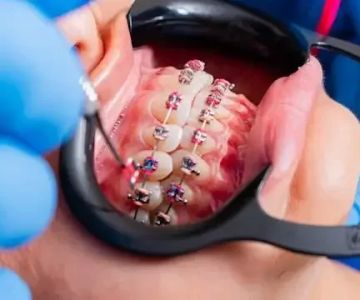
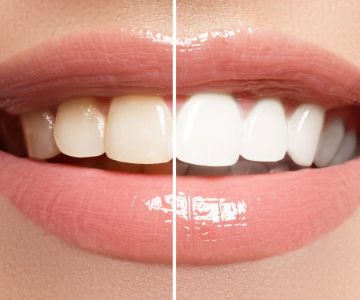
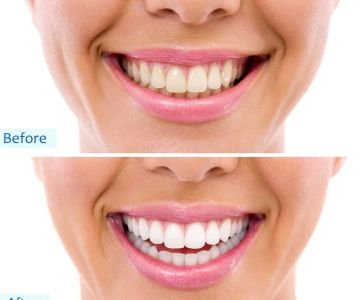
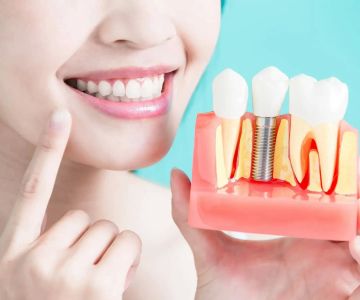
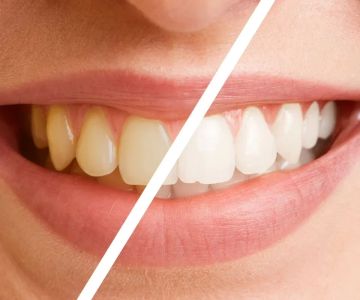

 Westgate Dental Arts
Westgate Dental Arts Coventry Family Dental
Coventry Family Dental Familia Dental
Familia Dental Dr. Daniel S. Fife, DDS
Dr. Daniel S. Fife, DDS Dentistry At Suburban Square: Michael I. Wollock, DMD
Dentistry At Suburban Square: Michael I. Wollock, DMD Comfort Care Dental
Comfort Care Dental The Importance of Oral Health Education During Pregnancy for a Healthy Pregnancy
The Importance of Oral Health Education During Pregnancy for a Healthy Pregnancy Why Skipping Dental Checkups Can Lead to Bigger Oral Health Problems
Why Skipping Dental Checkups Can Lead to Bigger Oral Health Problems Advantages of Porcelain Dental Restorations
Advantages of Porcelain Dental Restorations Best Tips for Brushing Your Teeth Properly for Healthy Gums: Essential Techniques for Oral Health
Best Tips for Brushing Your Teeth Properly for Healthy Gums: Essential Techniques for Oral Health How Can Diabetes Cause Tooth and Gum Problems? Preventing and Managing Oral Health Issues
How Can Diabetes Cause Tooth and Gum Problems? Preventing and Managing Oral Health Issues Healthy Habits for Promoting Good Oral Health and Hygiene: Tips for a Healthy Smile
Healthy Habits for Promoting Good Oral Health and Hygiene: Tips for a Healthy Smile